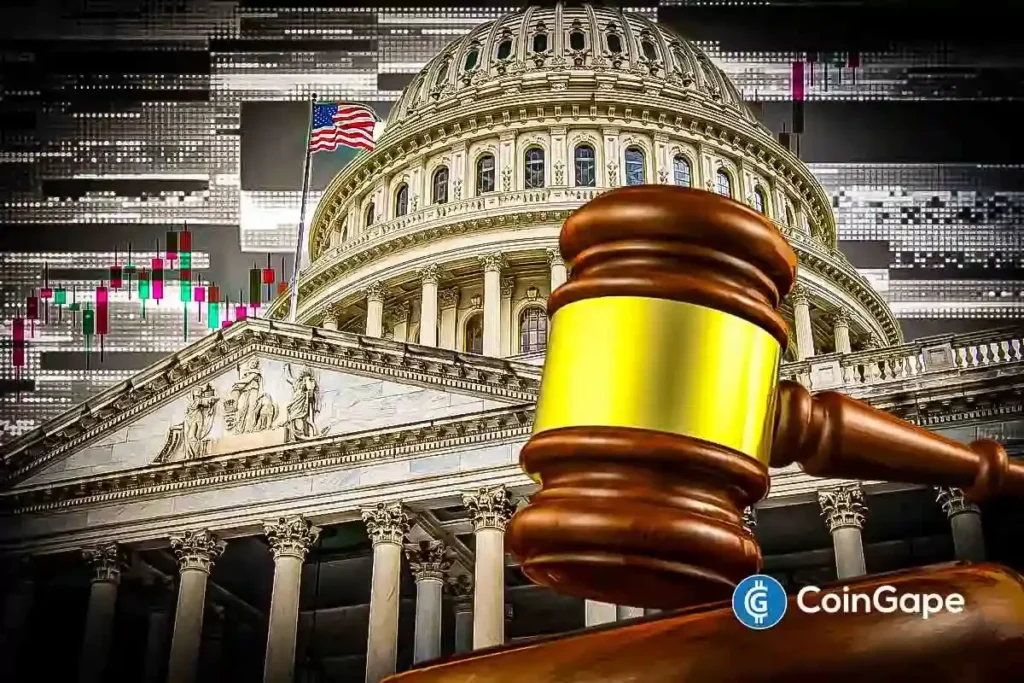Understanding Pennsylvania’s House Bill 1812: A Stricter Crypto Regulation for Public Officials
In a significant move towards enhancing transparency in public office, Pennsylvania has introduced House Bill 1812 (HB1812), a new cryptocurrency legislation that aims to enforce stricter ethical and financial disclosure standards for public officials. The bill seeks to prevent public officials and their immediate families from owning or transacting in digital assets, such as cryptocurrencies, meme coins, and NFTs, during their term in office and for a year post-office. With the rapidly evolving crypto landscape, this bill emphasizes ethical governance and the importance of maintaining public trust.
Key Provisions of House Bill 1812
The primary aim of HB1812 is to establish clear guidelines surrounding the ownership and trading of digital assets by public officials. Under this legislation, government officials are required to divest any digital assets they may hold within 90 days of assuming office or within 90 days after the enactment of the bill. By enforcing these rules, the bill guarantees that public officials remain free from any vested interests that could potentially influence their decision-making processes during their tenures.
Further, the bill defines digital assets extensively as all forms of assets that can be transferred or traded digitally, ensuring comprehensive coverage. This scope reflects the growing recognition of digital currencies as a legitimate financial medium, while also acknowledging the inherent risks associated with their volatility and regulatory uncertainty.
Rationale Behind the Legislation
The impetus behind House Bill 1812 is a commitment to prevent any misuse of public trust. A representative commented, “The aim of this bill is to prevent potential misuse of public trust through investments in a sector that is still volatile and largely unregulated.” The focus on transparency and accountability highlights the vital need to protect the integrity of elected officials and ensure they act in the best interests of their constituents.
This legislative move follows ongoing scrutiny over certain political figures, particularly former President Donald Trump, who has faced criticism for his involvement in the crypto sector. House Democrat Maxine Waters even proposed the "Stop Trump in Crypto Act" to limit such activities at the highest levels of government, signaling growing concern over potential conflicts of interest.
Disclosure Requirements and Penalties
As part of its provisions, HB1812 obligates public officials to disclose digital assets valued over $1,000 in their annual financial disclosure statements. This requirement aims to enhance public visibility regarding the financial interests of elected officials, allowing constituents to hold them accountable.
Failure to comply with these stipulations could lead to severe civil penalties. Individuals found in violation of the bill may face fines of up to $50,000 for failing to divest or disclose their digital asset holdings as mandated. Furthermore, any violations related to the broader Pennsylvania Ethics Act could result in additional fines or even criminal charges, underlining the seriousness of ethical governance in public service.
Context within the Broader Regulatory Framework
The introduction of HB1812 is part of a larger trend among states aiming to regulate the cryptocurrency industry more rigorously. Earlier this week, Pennsylvania enacted further regulations necessitating that digital asset transmitters acquire a license to operate within the state. This move aligns Pennsylvania with other states like New York, which have already instituted similar licensing requirements for digital asset transmission. By reinforcing these regulations, Pennsylvania seeks to create a secure environment for financial transactions while promoting responsible practices in the crypto space.
Conclusion: The Future of Cryptocurrency Regulation
House Bill 1812 represents a decisive step for Pennsylvania in establishing robust regulatory frameworks around cryptocurrencies, specifically focusing on the actions and interests of public officials. As the bill progresses through the legislative process, it will be crucial to monitor its implications for governance and the evolving regulatory landscape surrounding digital assets. Ensuring public officials remain free from potential conflicts of interest is paramount for fostering trust in governance, especially in a sector characterized by rapid changes and uncertainty.
Overall, the adoption of stricter rules governing digital asset ownership and trading by public officials could serve as a model for other states looking to bolster transparency and accountability within their governance structures. As discussions around cryptocurrencies continue to evolve, the results of Pennsylvania’s legislative efforts will likely shed light on best practices and regulatory approaches that can be adapted nationwide.


